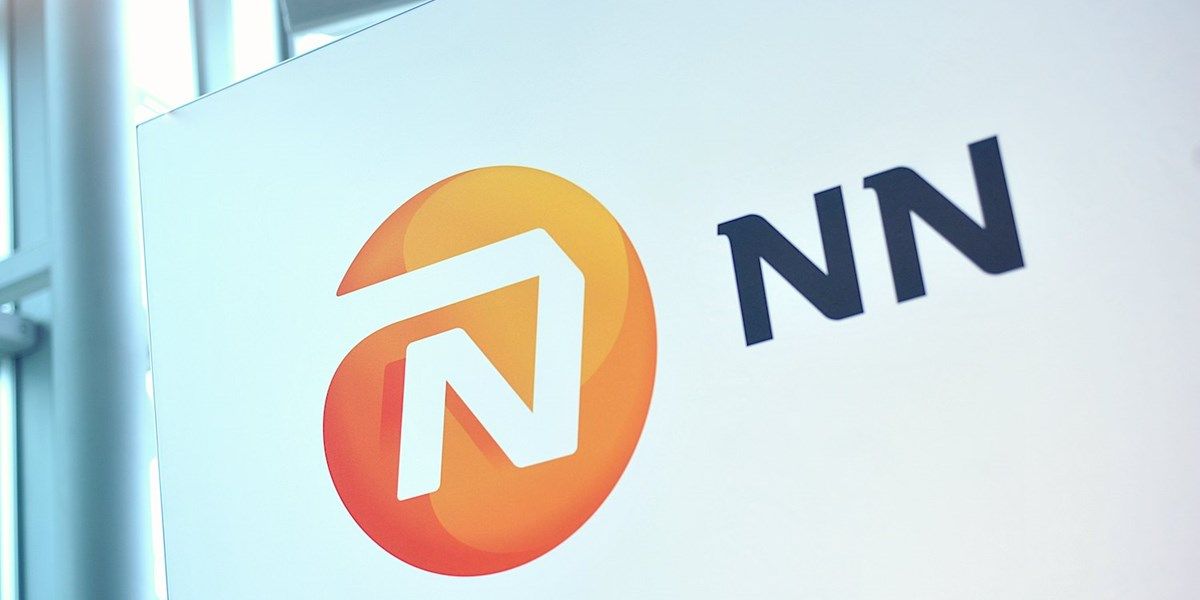by Loric Lehmann
Figures from the economic researchers at the KOF show: In 2020, 13.1 billion francs were sold in online retail in this country. This corresponds to an increase of over 27 percent compared to the previous year. This means that many brands are relying even more heavily on their online shops.
E-commerce is booming and with it other types of product marketing, especially in the digital sector. Affiliate marketing is one of them. This form of digital marketing revolves around the exchange of advertising space for products for commission. This commission is then either charged once on the sale of a product to a customer or can also be calculated for each further purchase by a customer.
On the one hand, there are the publishers who display the advertisements alongside or above their content. On the other hand are the advertisers or dealers who offer their products on the advertising spaces.
Affiliate networks as intermediaries
Awin is one of the biggest players in this area. The global affiliate marketing network belongs to Axel Springer and United Internet. The Awin Group is represented at 15 locations worldwide and employs around 1000 people. The network is there to connect publishers and advertisers. It provides platforms for this purpose and also takes on the billing of advertising costs – for a fee, of course.
In contrast to other countries, affiliate marketing in Switzerland only makes up a small proportion of the advertising customer’s marketing mix. At the end of 2020, the Leading Swiss Agencies (LSA) and the Swiss Advertising Client Association (SWA) asked 158 of their members about their assessments and prospects in the Swiss advertising market (persoenlich.com reported).
Affiliate Marketing in last place
The result: only six percent of the marketing budget will be invested by the advertisers in channel / affiliate marketing in 2021. This channel is in last place in the ranking.
Florian Wallner is Director Switzerland & Global Key Account Management at Awin and says that affiliate marketing is underestimated. He has been with Awin for a good seven years and has helped set up partner networks in various European countries. For example, in the UK, the budget for affiliate marketing is around eight percent.
Wallner sees structural, but also cultural reasons as the cause of this difference. In terms of numbers, SMEs with a small number of employees make up the majority of companies in the Swiss corporate landscape. The four different language regions also create a more complex market environment than in the direct neighbors.
Complexity too high
“Often the person who takes care of marketing is the egg-laying pig and has to take care of all channels at the same time. That is why the expertise when it comes to classic forms of marketing such as SEA or display advertising is much greater, ”says Wallner. Affiliate marketing is therefore often viewed as too complex.
Awin now wants to tackle this and reposition itself so that SMEs can also discover this form of marketing for themselves. Because a large network can help with complexity.
Competition for digital advertising space
Since many advertising customers are increasingly shifting their advertising budgets to digital, there is also competition for good advertising space: because at some point the existing channels will be exhausted. Cutthroat competition existed for SEA and display advertising because demand was higher than supply. The markets were often saturated.
The traffic also increased on the publisher side. Affiliate publishers reacted to the increased demand for relevant content on topics such as home and living, individual sports or home office equipment. During the Black & Cyber Weekend 2020, the traffic generated by publishers in Switzerland increased by 45 percent compared to 2019, as Wallner says.
Other reasons for niche existence
Wallner also sees the reluctance of publishing houses as the reason why affiliate marketing has such a low status in Switzerland. In Germany, Axel Springer Verlag, which has a stake in Awin, is the driving force behind this development. In Switzerland, meanwhile, people are still hesitant.
Wallner explains this as follows: “On the one hand, the pressure from prices and innovation was not high enough for a long time.” This is also due to the elimination of three-digit CPMs, which, in contrast to Switzerland, are no longer possible in other countries.
According to Wallner, Axel Springer concentrated on this field early on in order to digitally market its reach and content. In this country, the joint venture between Ringier and Axel Springer began to develop this as well for some time. The same applies to Tamedia and other major players.
Swiss agencies don’t care
Another difference also plays a role in Switzerland: media agencies abroad are often partners in affiliate networks. In Switzerland, on the other hand, the agencies have often failed to build up the resources and know-how, which is why foreign agencies are now pushing into the Swiss market to fill the gap.
Or by Awin working directly with advertisers, as Wallner goes on to say. However, it is the goal of the network to do educational work in cooperation with the IAB (Interactive Advertising Bureau). Various events are planned to take place this year.
–


